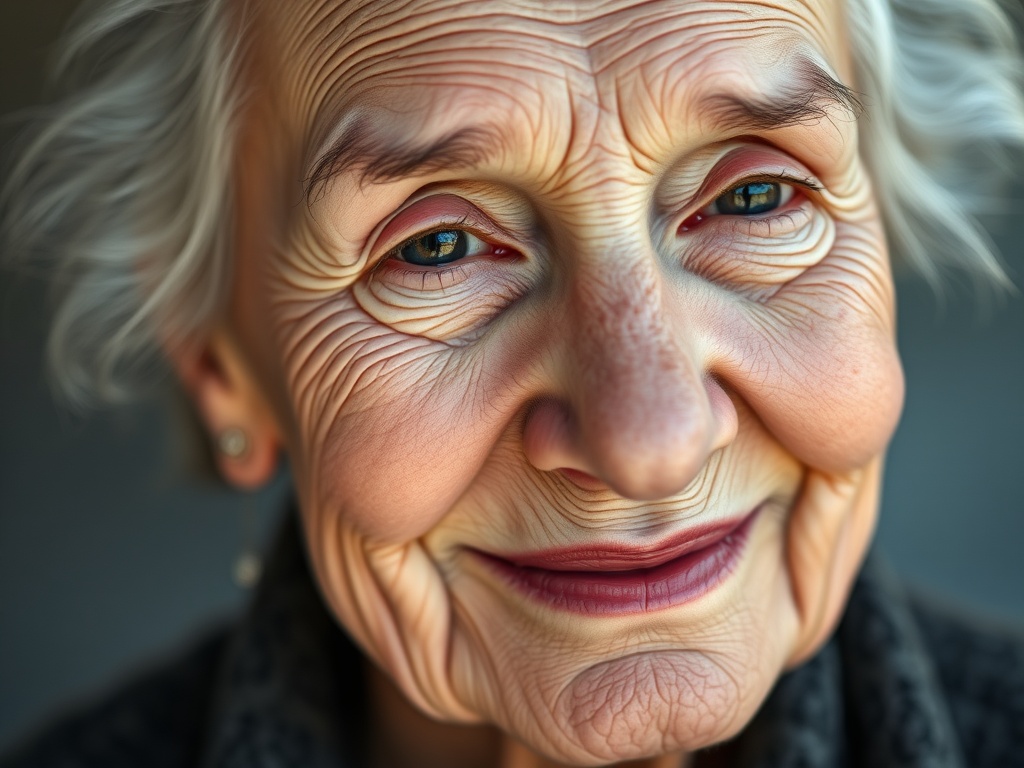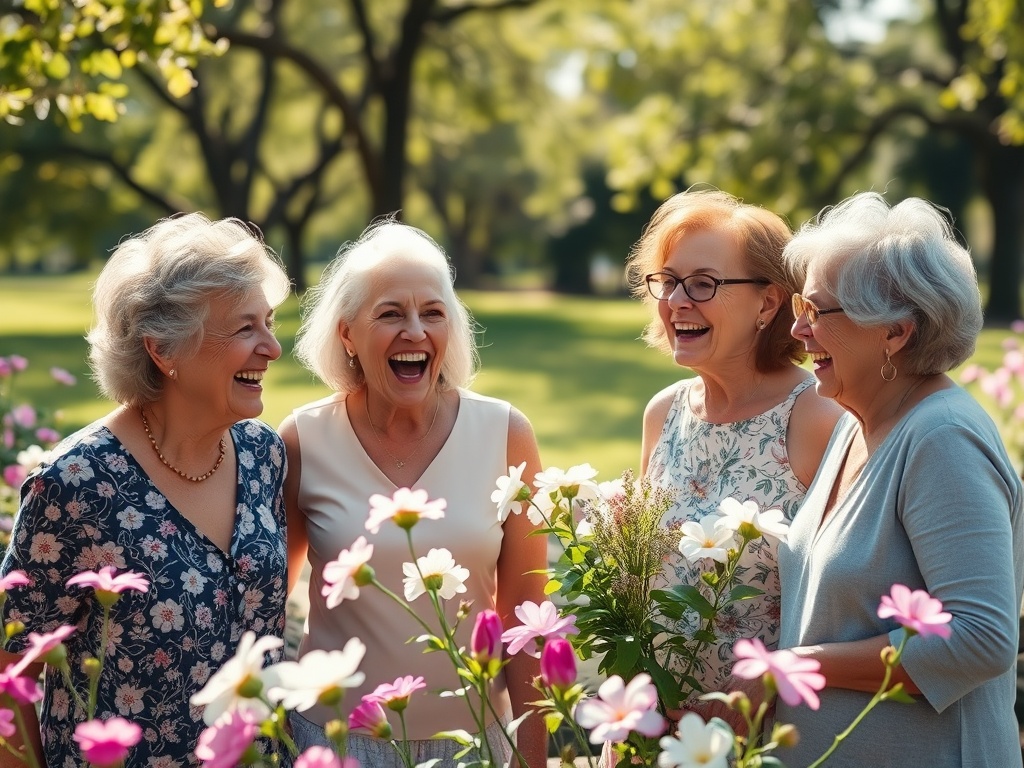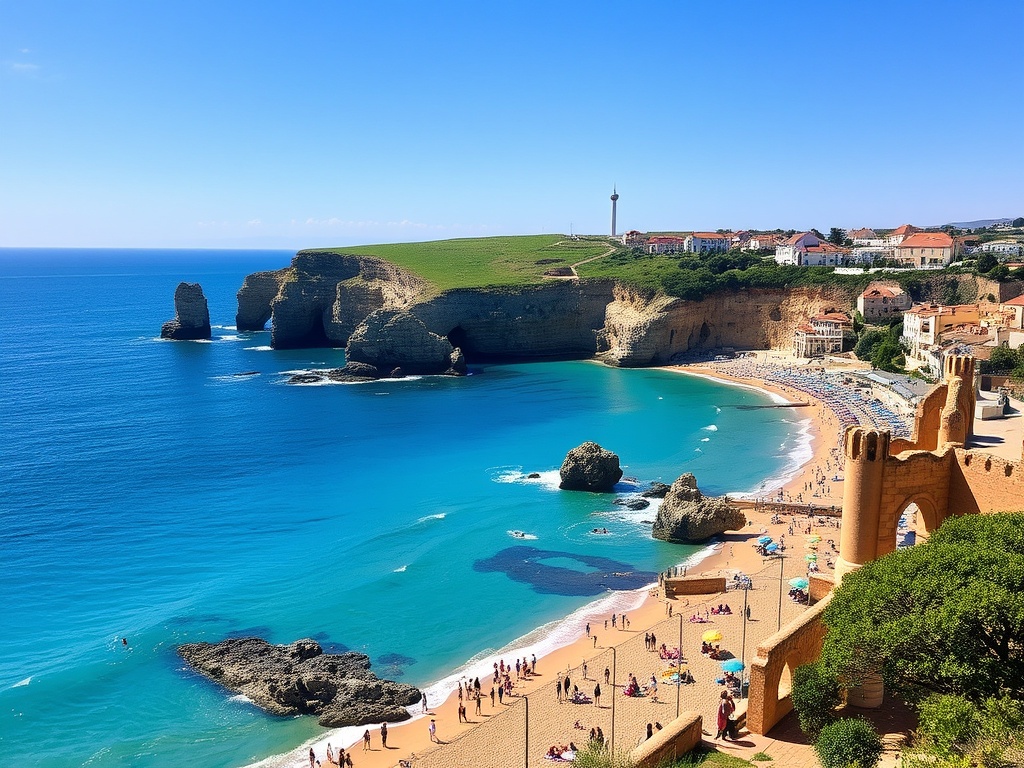Reflections on Beauty and Friendship

During a festive gathering over Christmas, I was eager to reconnect with old friends from my university days. Clad in a flattering khaki midi dress paired with stylish boots, and a dash of makeup, I felt a renewed sense of self-confidence. However, as I stepped into the room, my heart sank at the sight of five strikingly similar blondes. All with swishy, blow-dried hair, glossy lips, and impeccably smooth skin, they seemed like a scene out of a glossy magazine. As we exchanged greetings and posed for a group photo, the contrast was undeniable. I became painfully aware that I was the odd one out. The deep furrow between my brows, noticeable wrinkles, sagging jowls, and those telltale lines around my mouth—evidence of my youthful smoking habits—made me feel like I had just walked in as their mother.
As the evening progressed, my discomfort grew—not because of my appearance, but rather theirs. One friend had so much collagen in her cheeks that I momentarily thought she was suffering from mumps. Another sported an exaggerated trout pout that made it difficult to focus on her supposedly fascinating story about finding zen while gazing at the sea in Barbados. I found myself distracted, unable to engage with the conversation, as their immovable expressions seemed to lack any genuine emotion. Where had the close-knit group of women gone, the ones who once discussed dismantling patriarchy, dated wildly unsuitable men, and supported each other through nights of indulging in cheap alcohol? The warmth and camaraderie had vanished, leaving me feeling isolated. Since that evening, I haven’t seen them again.
This disheartening scenario has become all too familiar in my life. As more friends succumb to the allure of cosmetic enhancements, a divide has emerged among midlife women, creating a stark contrast between those who embrace their natural aging process and those who chase an unattainable ideal. This was painfully evident at a summer wedding. While talking to a dear friend, I struggled to see the woman I once knew, with her quirky smile and crinkling laughter. In their place was an eerily flat and expressionless face. I felt a wave of emptiness wash over me. “Don’t you want to look natural?” I blurted out, unable to mask my astonishment. She retorted, instructing me to “own my feelings” before flouncing off to join a group of similarly expressionless women.
While I believe in taking care of oneself—indulging in high-quality creams, enjoying facials, avoiding refined carbs, and maintaining a diet rich in quinoa and kale—I often find that despite my efforts, I still appear as if I’ve just rolled out of bed. At 63, I can confidently say I look good for my age, but that seems insufficient in today’s world. The natural aging process is now often viewed with shame, a condition to be eradicated before one is labeled an “old crone.” Consequently, I feel alienated from friends who have transformed themselves into versions of beauty that seem to conform to societal expectations, complete with pillowy lips and artificially plumped faces.
Interestingly, these same friends who suggest that a little Botox around my eyes and forehead would make me look a decade younger also proudly declare themselves feminists. They preach about female solidarity, celebrating curves, and the importance of self-love. This contradiction baffles me. How can one profess to love their imperfections while simultaneously erasing them? Isn’t feminism about resisting society’s narrow definitions of beauty and attractiveness?
I find myself increasingly misaligned with these “plastic friends.” Genuine friendship thrives on shared experiences and values, and when those diverge, it becomes increasingly challenging to find common ground. Recently, during a phone conversation with a friend who has embraced cosmetic enhancements, an uncomfortable silence fell between us. I felt embarrassed discussing my wrinkles while she flaunted a smooth, shiny visage. The gap between us felt insurmountable, leaving us with little left to say.
I strive to avoid resentment, but it’s hard not to feel a sense of loss. By setting a new standard for beauty among women in their 50s and beyond, these “super midlifers” are robbing us of the essence of what it means to be a sensual, authentic woman, leading to collective low self-esteem.
We all seek love and validation, yet those of us who embrace aging naturally find ourselves at a disadvantage. A couple of months ago, I was having a lovely conversation with a male acquaintance I found attractive. We were enjoying a light-hearted discussion about the dreadful weather when suddenly, a blonde bombshell entered the scene. The moment she flashed her enhanced, megawatt smile, his attention shifted entirely. “Hi, I’m Jack,” he said, pulling out a chair for her. Within minutes, they were wrapped up in conversation, exchanging numbers, while I simmered with frustration.
Perhaps it’s time for me to adjust not my appearance but my attitude. I don’t want to spend my time and money in the relentless pursuit of an idealized version of femininity. In truth, I have grown fond of the natural, unfiltered me.




